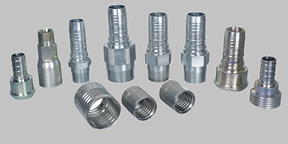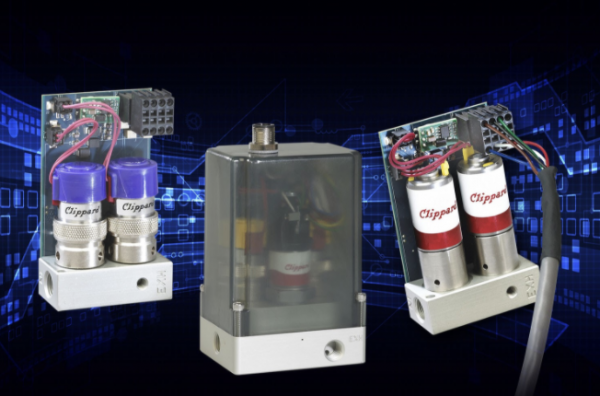RPA Manufacturing Software Integrates Efficiently
By Anshita Solanki, Senior Content Writer, Softweb Solutions.

Automation is not new to the manufacturing industry. When talking about the manufacturing industry, we usually think of automation as robots on assembly lines. But the industry is still struggling to streamline its mundane back-end processes, key reasons for which include unskilled labor, lengthy operations, and insufficient management of manual errors.
Robotic process automation is the key to addressing these challenges. Manufacturing companies can adopt RPA for seamless automation of their back-end operations. Softweb Solutions provides software bots that users can command for tasks without human intervention. The technology can be easily implemented, as it does not require dramatic changes to the infrastructure. It can be efficiently integrated into legacy systems, which can save costs and time.
Software Solutions’ RPA Services enables manufacturing firms to focus on product innovation and core strengths. This eliminates the need to constantly work on day-to-day, repetitive tasks. Software bots are trained to handle such processes effectively. Key benefits offered by RPA include:
- Increased accuracy and process execution speed.
- Improved business workflow, resulting in higher profitability, scalability and flexibility.
- Manage inventory and authorize returns while optimizing overall costs.
RPA usage in manufacturing is expanding, creating new opportunities for novel applications and trends. Let’s look at some cases of RPA implementation.
Finance automation. Manufacturers can eliminate billing errors that result in delayed payments. Implementing RPA for finance automation helps with issues such as:
-
- Invoice payment: You can share the invoices directly with the customers with no human involvement by leveraging software bots.
- Freight rating and payment auditing: Automate the entire order-to-cash process for hundreds of carriers.
- Bills of material: Reduce human tasks and maintain optimal stock levels.
Inventory and supply chain. Companies often face issues like tracking purchase orders, reducing inventory waste, maintaining supplier relations, and monitoring every carrier and freight. Bots can automate the end-to-end supply chain operations with:
- Shipment scheduling and tracking: RPA bots monitor orders and update the schedule and automatically assign delivery partners as well.
- Stock optimization: RPA bots can track and record the inventory flow. The report can be automatically shared with the employees concerned for better management.
- SKU updates: Match your stock keeping units and download order requirement files for a seamless supply chain process.
CSR and ERP automation. RPA integration with ERP systems makes resource planning efficient. CSR automation improves customer satisfaction.
- Quote creation: Software bots automate the process of creating and delivering quotations based on the transactions initiated on the company’s website.
- Record updating: RPA bots work rigorously to check duplicates and convert unstructured data to structured format. They also compare invoices against purchase orders to eliminate data errors.
Quality check and assessment. Manufacturing companies use high-quality industrial machines for complex production processes. To ensure that these machines produce quality products, it is essential to have a robust quality check. Intelligent process automation can help to automate inspection.
- Parametric quality assurance: Maintain quality standards by leveraging IPA implementation with cross-reference generated data with benchmarks in place. This enables users to significantly reduce any quality-related issues.
- Continuous tasks: Improve quality and responsiveness of customer service and maintenance across the enterprise. Ensure reduction in downtime.
Compliance and risk mitigation. Advantages include:
- Customer record updates: Keep your data updated to adhere to compliances like GDPR. RPA helps in keeping the business process secure along with your customers, suppliers and company information that is saved in a central log.
- Adherence to compliance policies: Minimize or prevent illegal activities and misconduct. RPA integration safeguards the privacy of employee and customer data.
- Security breach management: With automated comprehensive reporting, bots can help to eliminate threats by sending security breach alerts.
RPA in manufacturing has been a breakpoint for process automation, allowing manufacturers to focus on their end goals. Intelligent automation helps manufacturers improve productivity, meet customer expectations, and consistently drive product innovation.
Gartner.com expects that by 2024, organizations will lower operational costs by 30% by combining hyper automation technologies like RPA with redesigned operational processes. RPA technology has transformational capabilities for the manufacturing sector.
For more information, visit www.softwebsolutions.com/.







